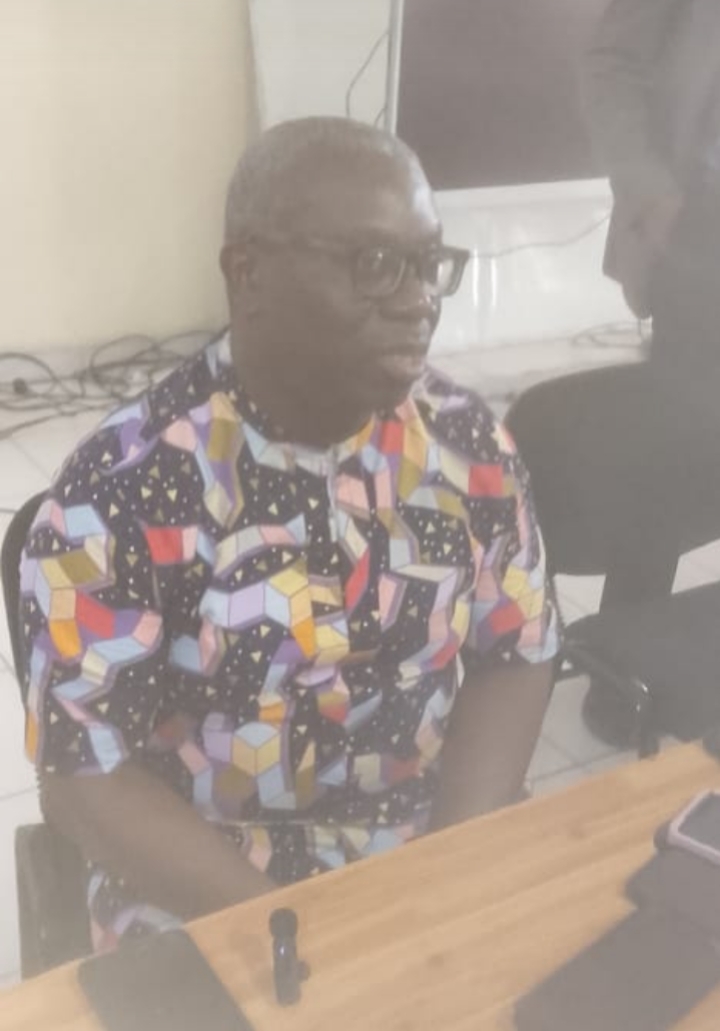In a major move to tackle the pressing health challenges of AIDS, Tuberculosis (TB), and Malaria, the Nigerian government has launched a Technical Working Group (TWG), aimed at strengthening the country’s response to these life-threatening diseases. The announcement was made by the Coordinating Minister of Health and Social Welfare, Professor Muhammad Pate, on Friday in Abuja.
The formation of the TWG marks a significant milestone in Nigeria’s commitment to integrating and coordinating health resources across multiple sectors. This initiative aims to provide a unified, efficient, and sustainable approach to addressing these health threats, combining efforts from key health agencies, development partners, and civil society organizations.
Professor Pate emphasized the importance of this renewed commitment, stating that the TWG will focus on creating synergy between various stakeholders, thus streamlining interventions and avoiding duplication of efforts. He explained that by optimizing resources, Nigeria will be better equipped to combat AIDS, TB, and Malaria and improve health outcomes for its citizens.
The TWG will be co-chaired by Temitope Ilori, the Director-General of the National Agency for the Control of AIDS (NACA), and Ntadom Godwin, the Director of Public Health at the Ministry of Health. Their leadership will ensure effective collaboration and oversight, with the Sector-Wide Approach (SWAp) coordination office serving as the secretariat.
Among the members of the TWG are representatives from prominent health bodies, including the National Primary Health Care Development Agency (NPHCDA), the National Health Insurance Authority (NHIA), the Nigeria Centre for Disease Control and Prevention (NCDC), and the National AIDS and STI Control Programme (NASCP). This collective approach will enable the TWG to carry out an immediate review of current programs and identify any gaps in funding or interventions.
Ms. Ilori, co-chair of the TWG, underlined the importance of collaboration in overcoming Nigeria’s public health challenges. She stressed that the integration of efforts would help to eliminate inefficiencies and promote targeted, impactful interventions. Mr. Godwin added that the coordinated effort would also help Nigeria meet global health goals, including those outlined in the Sustainable Development Goals (SDGs).
In its first phase, the TWG will conduct a thorough review of ongoing health programs, funding mechanisms, and expenditure patterns. This review will be pivotal in identifying opportunities for optimizing resources and addressing any gaps in current interventions. Furthermore, the TWG will engage with international partners and civil society organizations to align efforts and ensure a people-centered approach to health interventions.
The activation of the TWG is a critical step forward in ensuring that Nigeria’s fight against AIDS, TB, and Malaria is both effective and sustainable, positioning the country for a healthier future.




